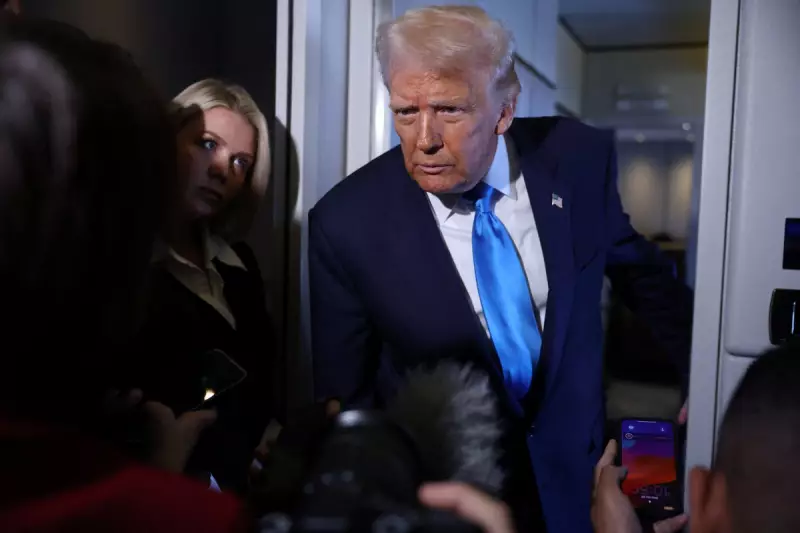
In a move that has sent shockwaves through political circles, former President Donald Trump has openly discussed the possibility of pursuing a third term in the 2028 presidential election, despite constitutional limitations that have historically prevented such ambitions.
The Constitutional Conundrum
The 22nd Amendment to the US Constitution explicitly states that "no person shall be elected to the office of the President more than twice." This provision, ratified in 1951, was specifically designed to prevent exactly the scenario Trump is now suggesting.
Legal experts and political analysts are divided on whether Trump's comments represent genuine intent or merely political posturing. Some suggest this could be a strategic move to maintain relevance and media attention, while others warn of potential constitutional challenges ahead.
Historical Precedent and Political Reality
Franklin D. Roosevelt remains the only US president to have served more than two terms, winning four consecutive elections before the 22nd Amendment was enacted. Since its ratification, no serious attempt has been made to challenge this fundamental aspect of American democracy.
Political strategists note that Trump's comments come at a time when:
- He remains the dominant figure in the Republican Party
- Discussions about presidential term limits have resurfaced in some circles
- The 2024 election cycle is already generating intense speculation
What Would It Take?
For Trump to legally pursue a third term, several extraordinary steps would be necessary:
- A constitutional amendment repealing the 22nd Amendment
- Overwhelming bipartisan support in Congress
- Ratification by three-fourths of state legislatures
Most constitutional scholars consider this scenario highly unlikely, given the enormous political hurdles and historical significance of such a change.
Political Reactions and Implications
The response from both sides of the political aisle has been swift and largely critical. Democrats have condemned the suggestion as anti-democratic, while many Republicans have expressed concern about the potential distraction from current political priorities.
What remains clear is that Trump's ability to dominate political discourse remains undiminished, with his latest comments ensuring he stays at the centre of American political conversation regardless of their practical feasibility.
As the 2024 election approaches and speculation about 2028 begins, this unprecedented suggestion ensures that questions about presidential power, constitutional limits, and the future of American democracy will remain at the forefront of political discussion for years to come.





